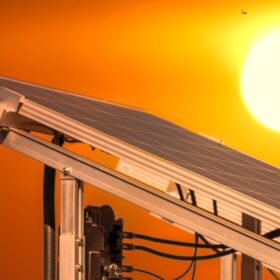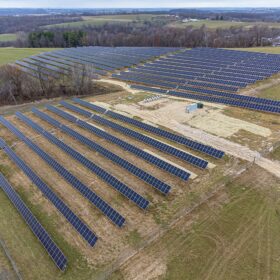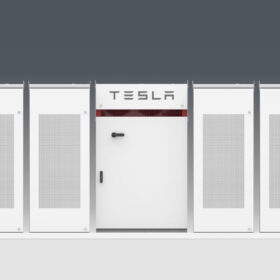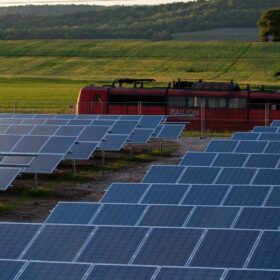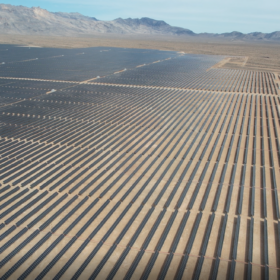New York’s open-access solar-projection tool beats commercial competition
NYSolarCast, a solar-projection tool developed by the state of New York to handle its growing base of PV facilities, demonstrated equal or superior performance than competing commercial alternatives, according to a year-long analysis.
US solar project pipeline awaiting interconnection permit reaches 1.08 TWh
Solar, wind and battery storage accounted for nearly 95% of the capacity in transmission interconnection queues as of year-end 2023, based on preliminary data from Berkeley Lab, presented in a staff report from the Federal Energy Regulatory Commission.
Car batteries can optimize the power grid
Australian researchers have found that if 10% of vehicles are electric and utilize V2G connections, they could reduce peak electricity demand at local substations by 6% and save car owners hundreds of dollars per year on charging costs.
Battery prices collapsing, grid-tied energy storage expanding
From July 2023 through summer 2024, battery cell pricing is expected to plummet by more than 60% due to a surge in electric vehicle (EV) adoption and grid expansion in China and the United States.
Solar wins hundreds of millions in US capacity payments
About 16.6 GW of solar projects have won $3.58/kW per month in the New England Independent System Operator’s (ISO-NE) 2027-28 capacity auction.
Solar at ‘twice the natural capacity factor of the sun’
Eland Solar 2 and Skeleton Creek are two high-capacity factor renewable power plants moving through development.
US solar up 52% in 2023 as nation deploys 35.3 GW of capacity
BloombergNEF says US clean energy generation grew by 0.9% in 2023. Wind and hydro generation fell, while solar generation grew by 15.4%.
EmPower Solar furloughs 21 US workers following unionization vote
EmPower Solar has furloughed 21 workers, citing a market slowdown, but the furloughed employees claim that the dismissals were retaliation for a recent pro-union vote by 49 staff members.
Analysts expect more than 50 GW of new US solar in 2024
The US Energy Information Administration (EIA) says that about 45 GW of solar projects above 1 MW (AC) in size will be installed in 2024, while Wood Mackenzie estimates 8 GW of small-scale solar.
Rain does not sufficiently remove pollen from solar panels, say researchers
The US Department of Energy’s National Renewable Energy Laboratory (NREL) and its research partners say that various types of tree pollen can reduce solar panel efficiency by more than 15%. Unlike the immediate improvements assumed to follow heavy rain, recovery of performance post-pollen season is gradual. Post-rain manual cleaning can boost performance by 5% to 11%.
